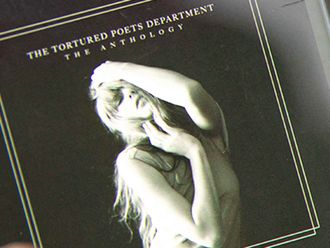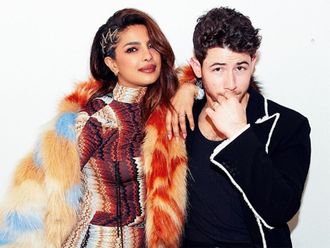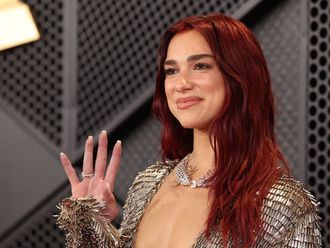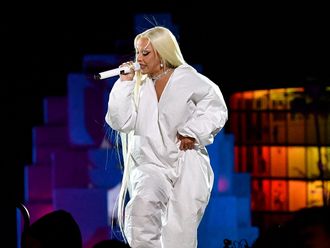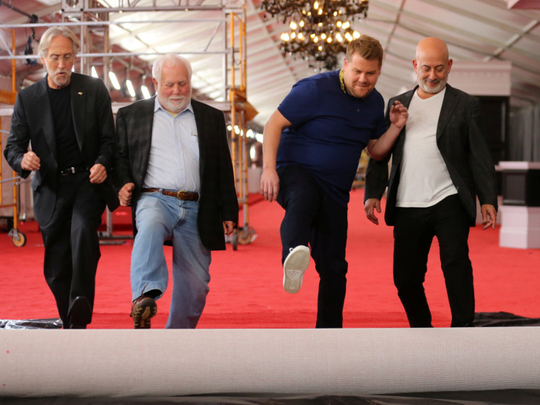
The host of the Grammy Awards is almost a nonentity, usually present for only about 15 minutes of a three-and-a-half-hour broadcast. Unlike the Oscars or the Golden Globes, where the master of ceremonies sets the tone, the performance-dominated Grammys can seem to do just fine without one; in fact, the show had no host at all from 2006 to 2011.
This year, however, the Grammys are betting on a new face to draw in viewers. James Corden, the star of The Late Late Show on CBS and, perhaps just as important, the proprietor of its viral hit, Carpool Karaoke, will take over as the Grammys’ host from LL Cool J, who did it for five years.
Thanks largely to Carpool Karaoke — in which he is joined on drives by the likes of Adele, Justin Bieber and even Michelle Obama — Corden, 38, has carved out a niche as a well-liked comedian with musical bona fides. But because he is British, he has no long history with the Grammys.
“When I was growing up, there was no real way to see the Grammys,” Corden said in an interview. “It’s only been on YouTube and the internet that you can find these incredible Grammy performances.”
In a telephone interview this week from CBS’ studios in Los Angeles, Corden discussed his hopes for the Grammys, the political climate surrounding the show and the advice that LL Cool J gave him. Here are edited excerpts from that conversation.
How did you come to be the host of the Grammy Awards this year?
I got a call from Les Moonves [chief executive of CBS]. In fact it wasn’t a call; I was at a dinner and he was there. And he just came over to me and said, “Do you want to host Grammys this year?” And I said, “OK.” And that was kind of it, really.
Did it have the feeling of the boss saying, “Hey, kid, I’ve got a job for ya”?
Not really, because he knows that I already have a job. It was more that this year there’s going to be three big awards shows on CBS: the Grammys, the Tonys and the Emmys. So I think there’s a certain element of needing to find which host is going to do which.
Do you think there’s a way to get an EGOT [for winning an Emmy, Grammy, Oscar and Tony] as host?
I never knew about this EGOT thing until I moved to America. I didn’t realise what a big thing it is. I have two — I have a Tony and an Emmy. But I don’t think hosting the Grammys makes you eligible for a Grammy.
The Grammys show has mostly been about performances, with relatively little screen time for the host. Is that going to change with you on board?
Not really. It’s not what you would call a conventional hosting gig. Most awards shows need a host because essentially they’re a group of millionaires giving each other gold statues. Whereas this is one where the show is predominantly about celebrating the last 12 months in music, and has these unbelievable performances in it.
I’m in the show for like 16 or 17 minutes. I think what we’re going to try to do as best we can is just try to inject as much fun into the evening, as opposed to being funny. It’s not really a room where you can come out and do a monologue.
When you hosted the Tony Awards last year, you made it clear that it had a lot of personal significance for you. Do you feel the same way about the Grammys?
The Tonys had a particular place in my heart, because that’s a show I’ve been to. The first time, with The History Boys, we won six awards. Going back in 2012 and winning that award myself was incredible. The Tonys are also this incredible thing where these are performers who don’t always get the chance to perform on television.
The Grammy Awards is the absolute high point for so many artists, in a world where there are so many other music shows — which I think are inferior — just because of what the Grammys mean to artists. You’ve only got to see that artists who are no longer with us are always referred to as a seven-time Grammy winner, or a four-time Grammy winner. It just has that history to it. It’s not lost on me how lucky I am to be part of it.
Have you been doing your homework on previous years?
A: Not really. I’ve watched loads of performances. I asked LL Cool J if he had any advice, and he said you just have to be yourself. Which I’m hoping is good advice, because that’s certainly what we’re intending to do.
This year there’s been a heightened political tone at awards shows. Do you expect that at the Grammys, and what role, if any, will you play in that?
I’ve only lived in America for 18 months, and I feel like it would be strange for me to start talking about federal legislation. I just feel like I haven’t earned the right. I’m a 38-year-old guy from High Wycombe in Buckinghamshire, and I don’t know that anyone is tuning in to the Grammys to hear a big political statement from myself.
If you’re watching the news right now, if you’re on social media right now, you can really feel like the world is an incredibly dark place. And I feel like, if we can bring a big music show, and celebrate some people who we should all be incredibly pleased that we are around at the same time that they’re making music, then we can let it be a moment to realise that there is a lot to celebrate, as much as there is to worry about.



